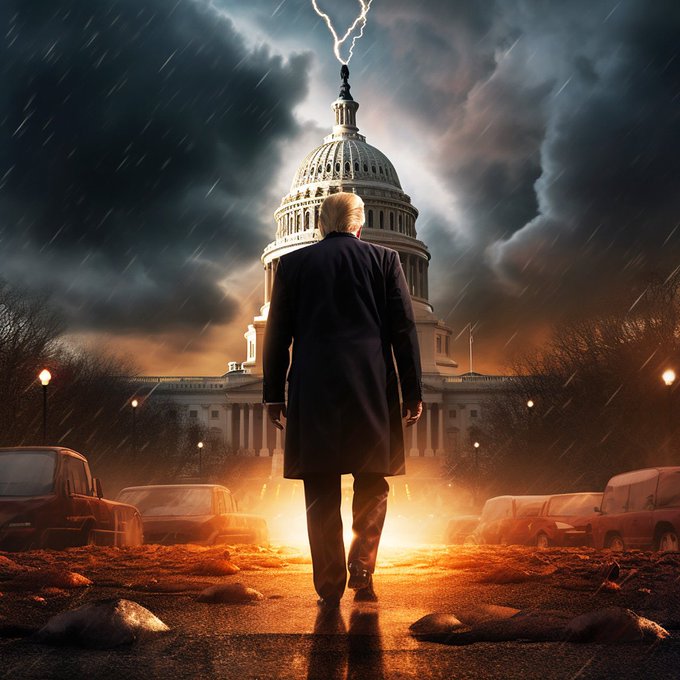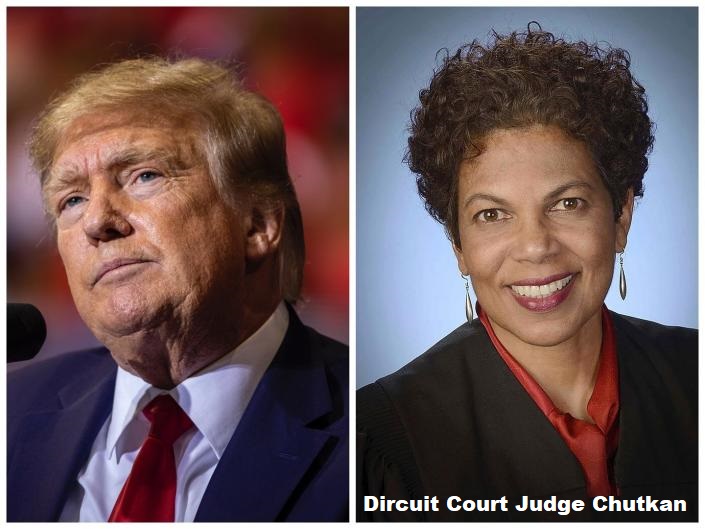DC Judge Rules Trump is Not Permitted to Criticize Trial, Judge, Witnesses or Prosecution
Good luck with this effort! That’s my thoughts.
Yes, DC Judge Tanya Chutkan can decree from her perch that President Donald Trump is not permitted to criticize his persecution, the court, the witnesses who will testify against him or the political prosecution that is targeting the leading 2024 presidential candidate, but executing that decree is another kettle of fish entirely.
It is one thing to decree your control over independent speech, it is another thing entirely to try and enforce that decree. Thankfully, and standing firm in his position, President Trump said in response he is “willing to go to jail, if that’s what it takes for our country to win and become a democracy again.”
(Washington DC) – […] Trump, who opted to campaign in Iowa rather than attend the hearing Monday, has also in recent weeks pointedly attacked several known witnesses in the case. He suggested that one of them, retired Gen. Mark Milley, would have warranted the death penalty in another era, and he repeatedly blasted another, former Attorney General Bill Barr.
Acknowledging Trump’s broad right to weigh in on public policy issues as he pursues a second term in the White House, Chutkan said nevertheless that Trump could not launch a “pretrial smear campaign” against those who might testify against him. She said she would consider “sanctions” if she observes any violations. She did not elaborate on those sanctions, although she said she planned to issue a written order with further details.
The pronouncement raises the prospect that Trump could face punishment — ranging from restrictions on his use of social media all the way up to potential pretrial incarceration — if he continues to mount public attacks on Smith and his team or witnesses likely to testify in his March trial. (read more)
Any restrictions against President Trump’s ability to defend himself from political prosecution can be appealed and let the Supreme Court of the United States go on record for or against the rights of the accused.






Post a Comment